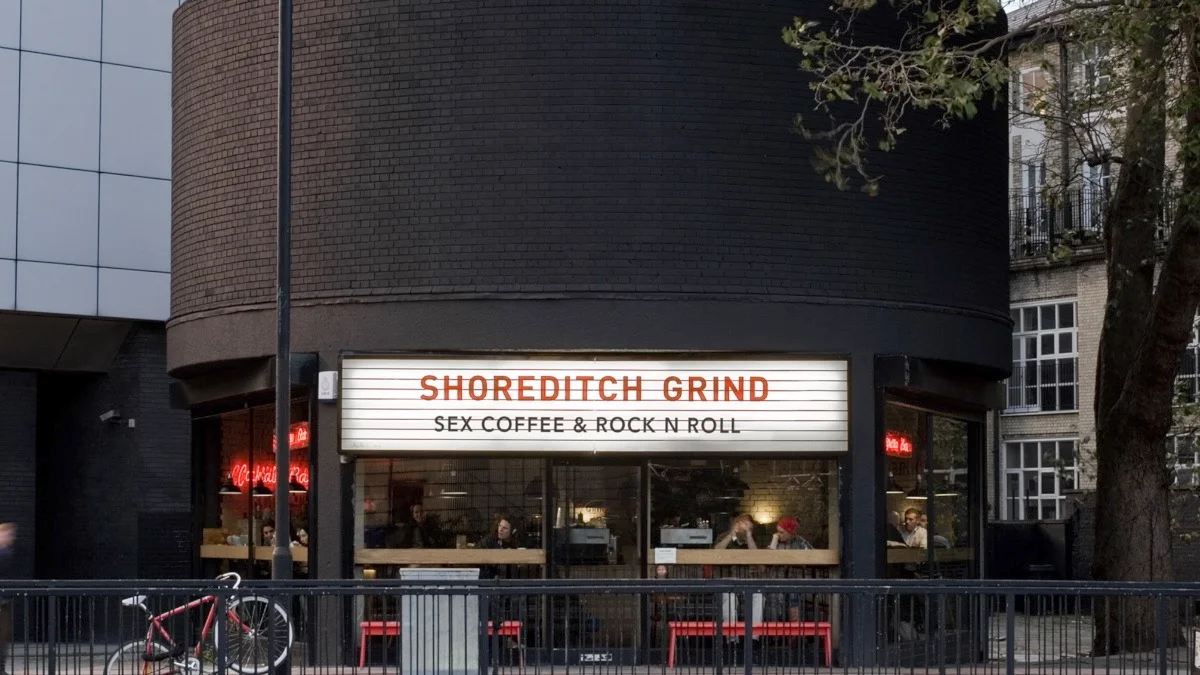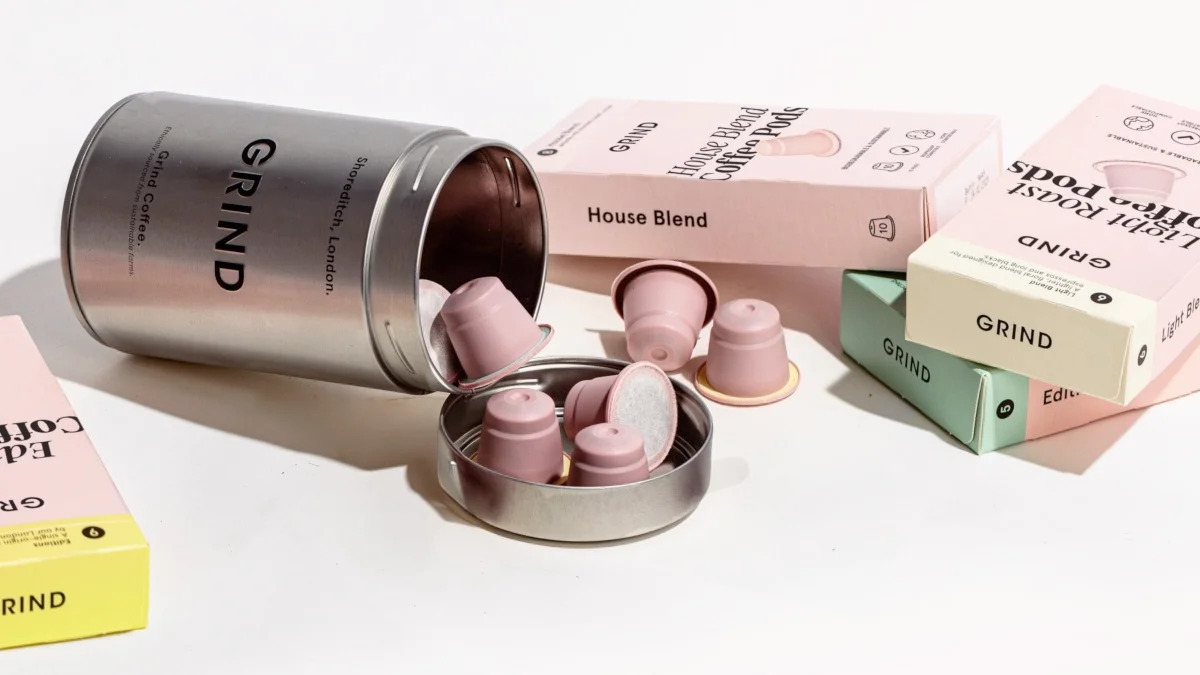In this instalment of our video series, My Business Leader Secret, we talk to David Abrahamovitch, founder and CEO of coffee brand Grind.
The business began when Abrahamovitch took over the lease of his father’s phone shop in Shoreditch, London in 2011, following his father’s death from prostate cancer.
A young Abrahamovitch had learned many entrepreneurial skills working in his father’s shop during the holidays. The pair had discussed the idea of creating a coffee shop before his passing.
That’s exactly what David Abrahamovitch did with the unique space on the Old Street roundabout, which had become a trendy spot, popular with tech start-ups.

Despite not having a background in café retail, he turned the shop into a huge success. It gained an alcohol license and pioneered the ‘coffee and cocktails model’, an extra, lucrative revenue stream in the evenings.
Today Grind has 14 locations in London, serving coffee, food and cocktails. But the omni-channel business also developed a thriving e-commerce offer, selling compostable Nespresso coffee pods. Like the cafes, they use a coffee blend from the company’s own roastery.
It invested in the coffee pods idea prior to the pandemic – but it was during Covid that demand exploded, as people were stuck at home in lockdowns. This stream now makes up around a third of its revenues.

It also acquired a drinks company specialising in canned iced coffees, to create a new retail offer in places like supermarkets.
Grind secured both crowdfunding and venture capital investment to scale, while trying all these ideas. It has now hit annual revenues of £30m.
Not all founders stay on board as their companies grow, as they feel they lack the skillset to take things to the next level.
Abrahamovitch says he has had to grow as a leader and "reinvent" himself to stay relevant to the needs of his own business.
“If you can get good and excited about that then that's a huge advantage,” he says, “because not everyone can adapt and keep going up a level in that way.”
Related and recommended
The auto industry entrepreneur believes smart pivots can be the start button to fire up business success
Knowing how to get agreement between two parties is key in business. Two experts who have dealt with life-and-death negotiations offer their insight
The hotel executive believes the hospitality industry needs to be proactive in hiring to reflect society
The legendary ad exec believes leaders should collaborate with the technology, rather than use it as a tool

